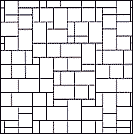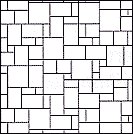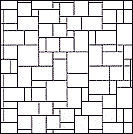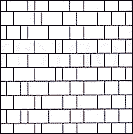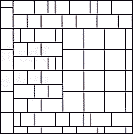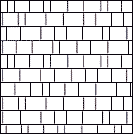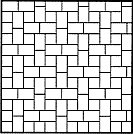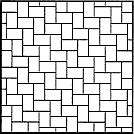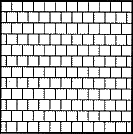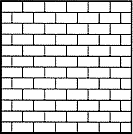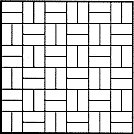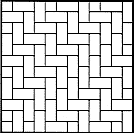Resources
Popular Patterns
Block Samples
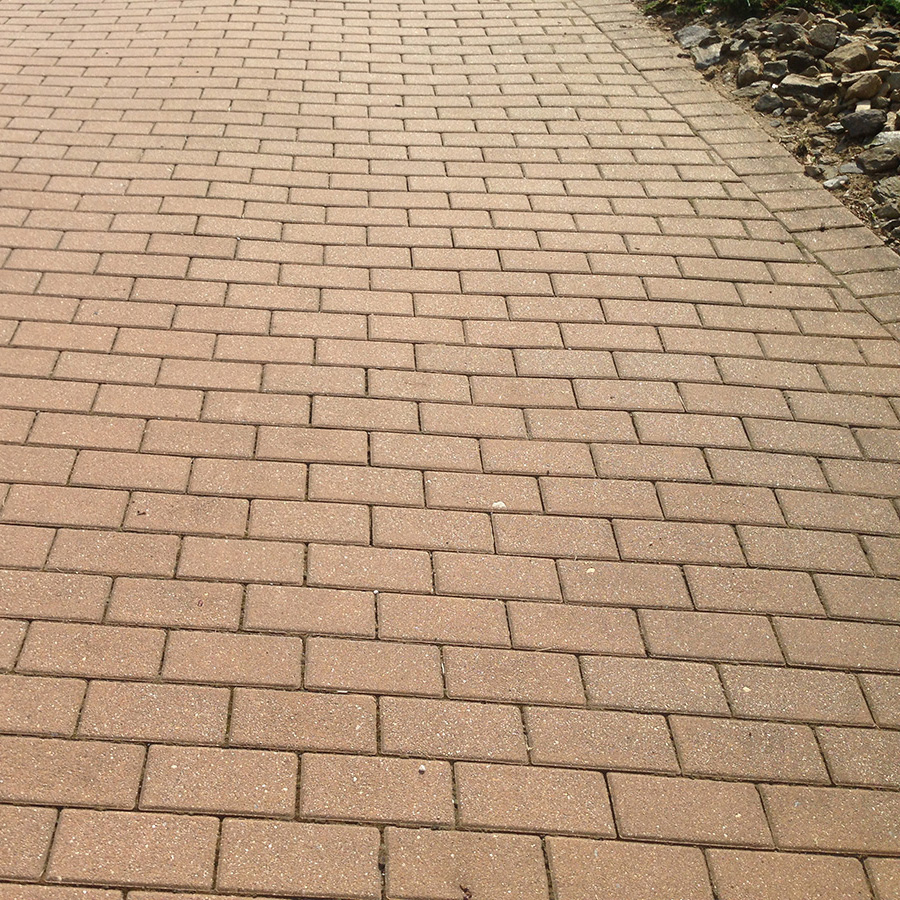
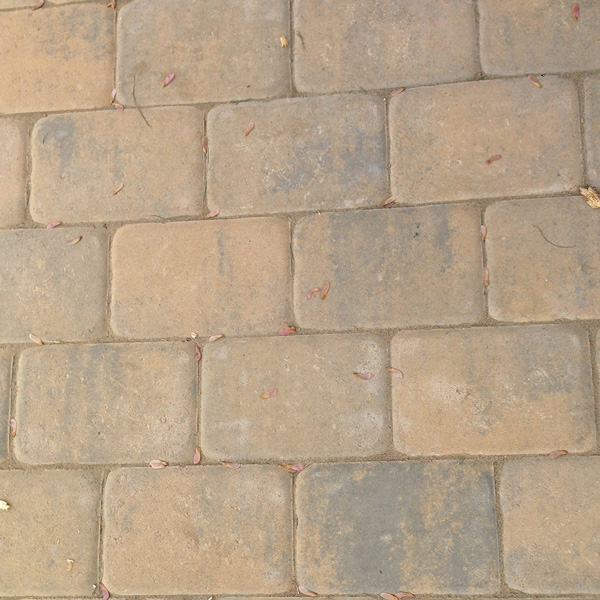
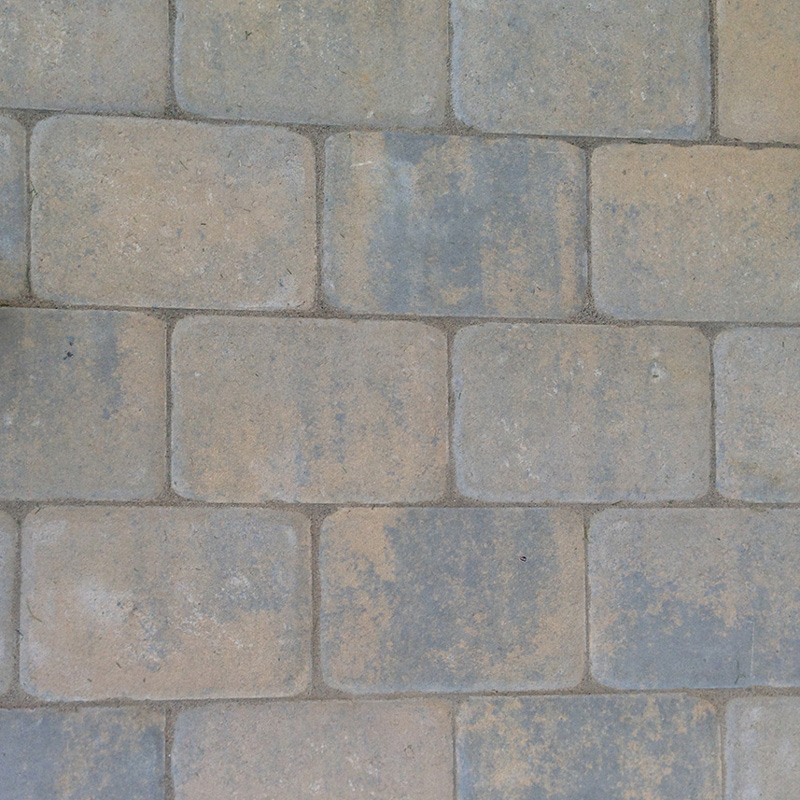
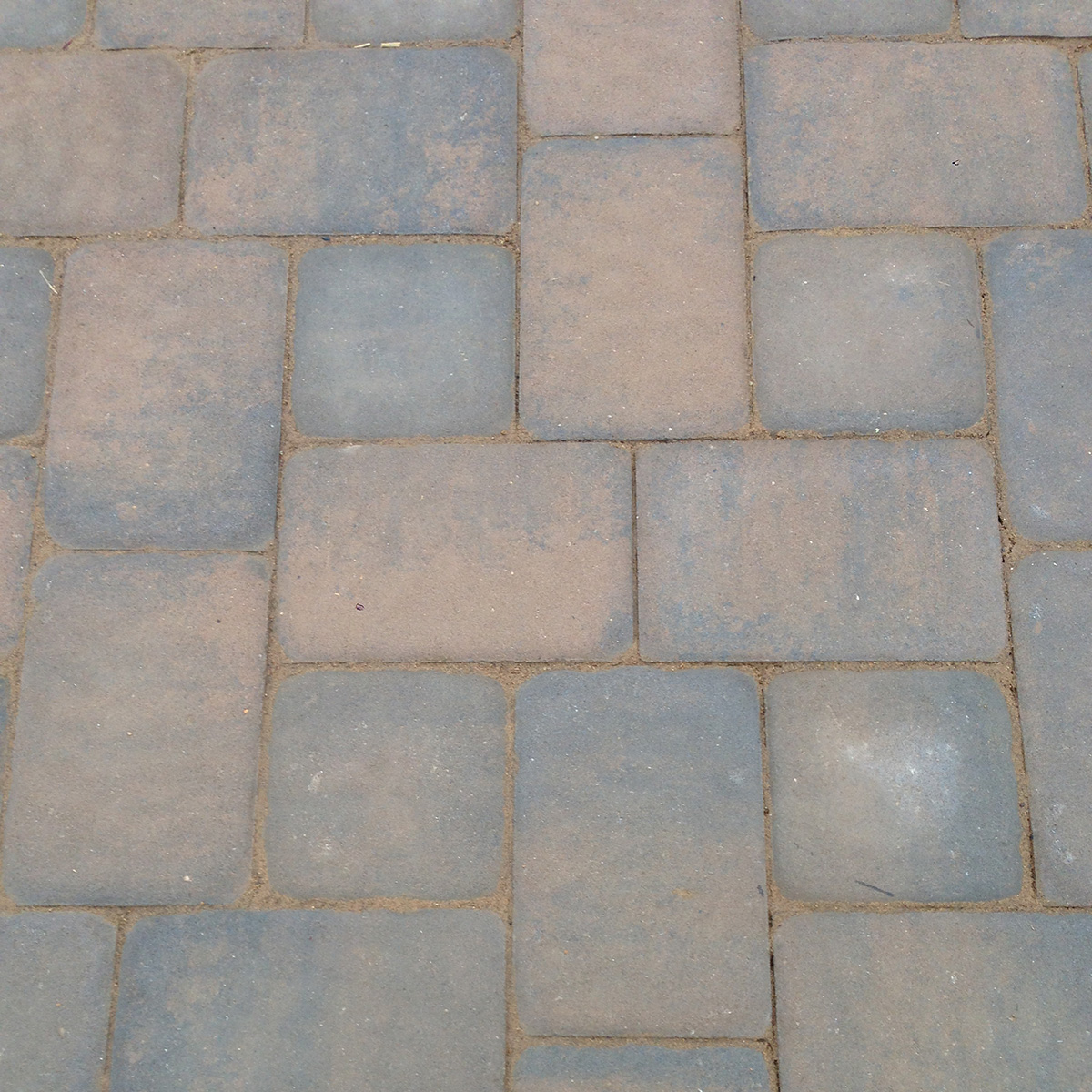
Landscape Tree Samples
Frequently Asked Questions
A: Clay pavers are made with real clay that is mixed, extruded and baked in a kiln at very high temperatures and concrete pavers are made with a special blend of concrete and coloring that is compacted at very high pressures in a special machine.
A: There is very little difference between pavers in general. The important difference is the maker of the pavers. Paving materials can vary from one manufacturer to next. The qualities that make a paver perfect are its compressive strength, water absorbtion rate and abrasion index.
A: No, that is one of the long term benefits to installing Flexible paving. Because all interlocking paving is flexible it can also resist cracking. This is especially beneficial in California which has very expansive soils.
A: Interlocking paving is a misleading term. What actually constitutes interlocking is really a dynamic function containing three different componets. They are “rotational interlock” (resistance to tipping) “horizontal interlock” (resistance to spreading) “vertical interlock (resistance to sinking)”. So, that means for lasting quality you need good containment, good subbase and proper paver thickness. Thicker pavers for driveways thinner pavers for patios.
A: Yes, our tradesmen are fully train masonry professionals. We specialize in matching almost any material and seamlessly installing it so that the repair is undetectable in most cases.
A: Yes, it protects it from leaky cars that might leave oil stains and it stays cleaner for much longer if you seal it right away before it has a chance to get stained. Remember when it’s sealed it only takes a hose to clean it off. We use breathable type sealers that protect against just about anything.
A: In most situations faded concrete can be renewed by recoloring it using various Tints & Stains.

